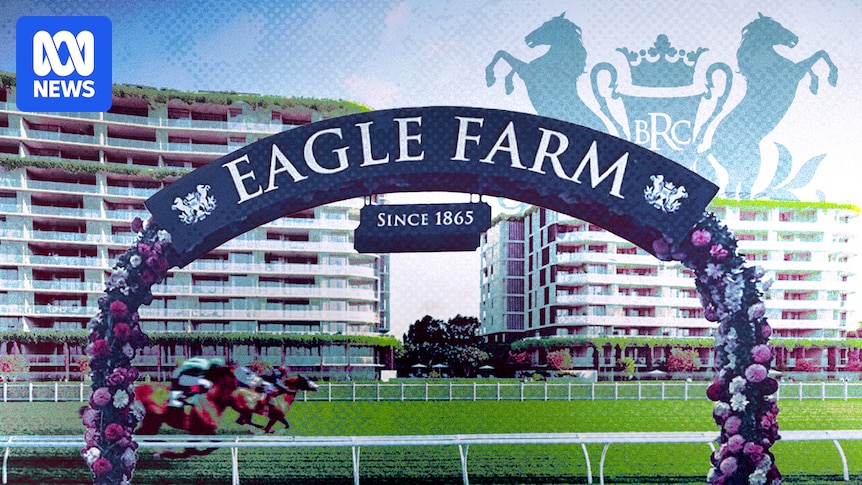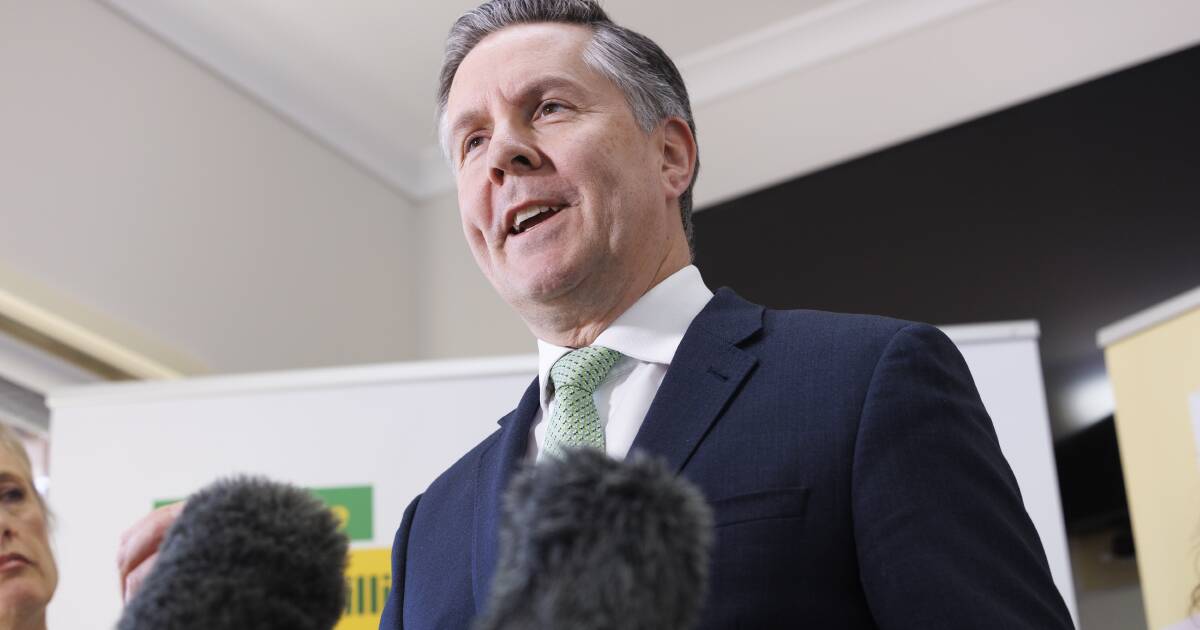
A Queensland council has approved the state’s largest rate increase on record, imposing a 25% hike on residents of the North Burnett region. The North Burnett Regional Council passed its $69 million budget for the 2025-2026 fiscal year on Monday, which includes significant increases in both general rates and water levies.
The council, one of the largest in Queensland, covers an area of 19,700 square kilometers, including the townships of Biggenden, Eidsvold, Gayndah, Monto, Mt Perry, Mundubbera, and an additional 25 villages and farming catchments. This rate increase will directly impact the region’s 10,500 residents, many of whom have expressed concern over the financial burden.
Division Within the Council
The decision to implement the rate hike was not unanimous. The council was divided, with three members voting against the bill while four supported it. Those in favor included Mayor Les Hotz and councillors Michael Dingle, Susan Payne, and Renee McGilvery. Opposing the motion were councillors Trina Vaughan, Moira Thompson, and Melinda Jones.
In a fact sheet released on the council’s website, the rationale behind the rate increase was detailed. The document stated,
“For many years, the North Burnett Regional Council has not generated or received sufficient revenue to cover the increasing costs of delivering Council services.”
The council emphasized that every service it provides incurs costs that must be covered by ratepayers, service users, or through limited government grants.
Financial Challenges and Justifications
Mayor Les Hotz explained that the rate increase was necessary to maintain essential services without relying on additional government grants. He noted that the increase would amount to more than $800 annually for local taxpayers, translating to an additional $31.49 per fortnight on minimum general rates for homeowners.
Hotz stated,
“We’ve been upfront about the challenges we’re facing. These changes are a necessary step toward building a more sustainable Council, one that can continue to serve the North Burnett community both now and in the future.”
He added that the increased revenue would help curb the council’s $2.6 million deficit, aiming to raise it to $8 million by the end of the 2025-2026 financial year.
Community Backlash and Concerns
The rate hike has sparked significant backlash from residents, many of whom fear the financial strain it will impose. Pensioner Colin Boot, who attended the budget meeting, expressed his outrage, stating,
“Ten per cent — we would have coped with it somehow, but 25 per cent? I just can’t see where we’re going to get that extra money… the only thing I can see is (cancelling) insurance.”
Former councillor Dael Giddens voiced concerns about the impact on local children, suggesting that families might have to cut back on extracurricular activities. Mundubbera resident Rachel Cumner has launched a petition on Change.org, urging the council to cap future rate rises in line with the Consumer Price Index.
Future Implications and Council’s Response
The council has acknowledged the potential impact of the rate increases on the community and has implemented policies to support ratepayers struggling with the new fees. However, the move represents a broader challenge facing many local governments as they balance financial sustainability with community needs.
As the North Burnett Regional Council moves forward with its budget plans, the focus will be on how these changes affect the region’s economic landscape and whether additional measures will be necessary to support affected residents. The situation underscores the ongoing financial pressures faced by local governments in the wake of the COVID-19 pandemic and rising operational costs.







